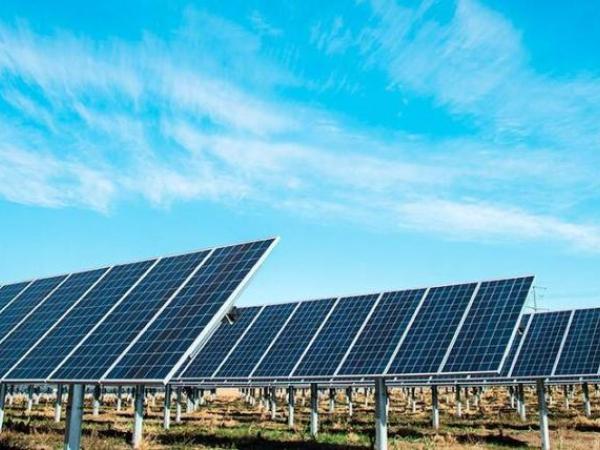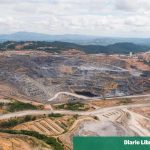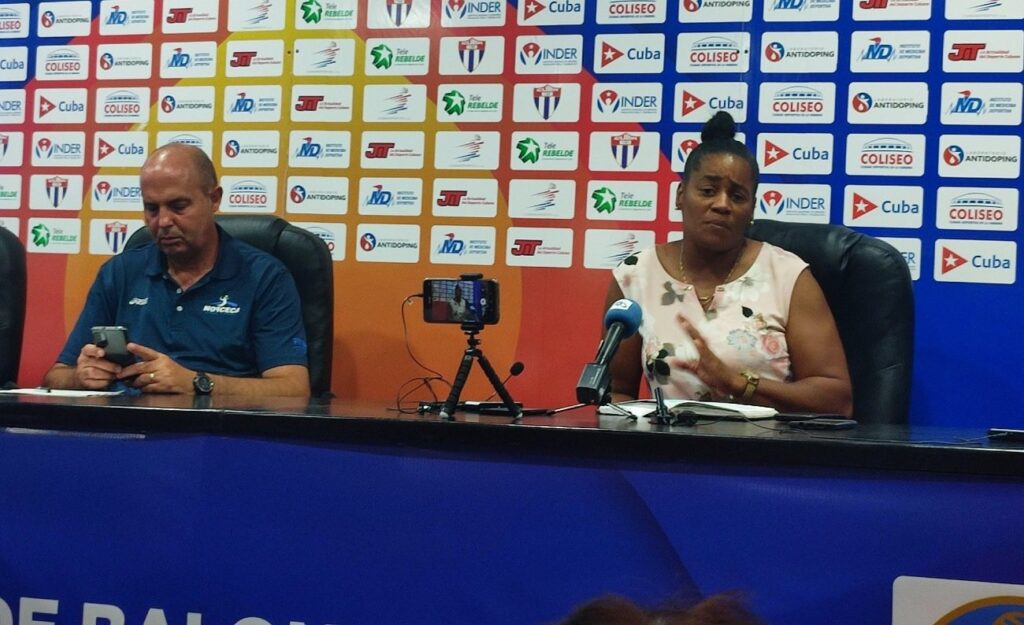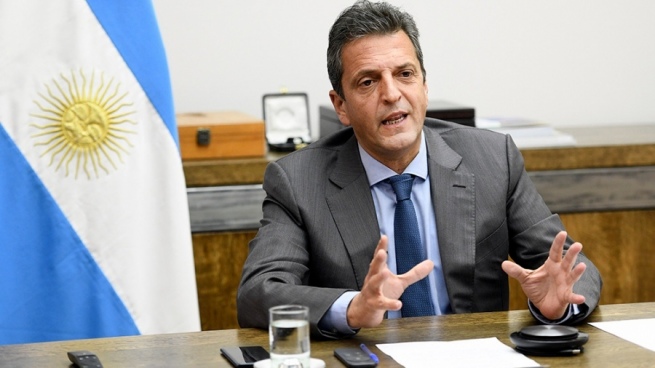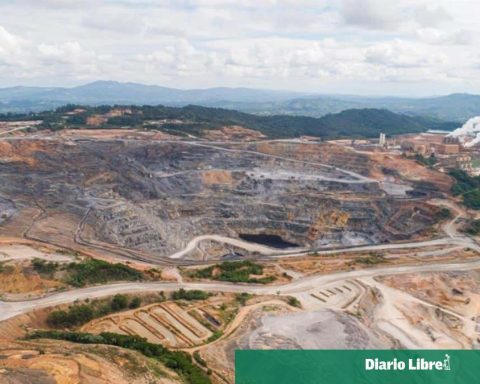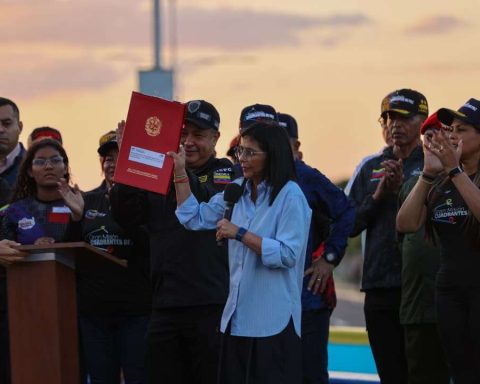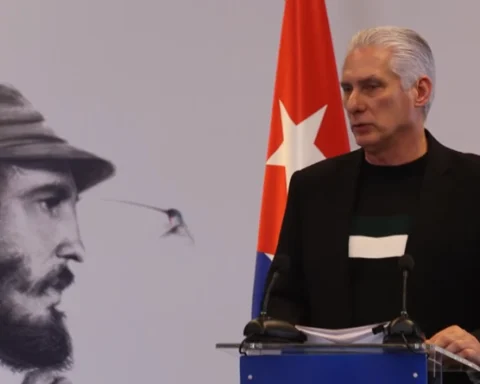Fossil fuels are like sugar: we all know that consuming them in excess is bad for our health, but it is very difficult to live without their sweetness. Little by little, a greater awareness of its various effects on the body has been achieved and new sources have been sought to replace it without losing its essence. The same happens with the energy transition for the sustainability of the planet, but with the aggravating circumstance that in Latin America and the Caribbean they also contribute a large amount of income through exports to finance social programs.
The challenge is to achieve an economy based on energy sources that are low in Greenhouse Gas (GHG) emissions. There is a general consensus on that and the region is ahead. Latin America has the greenest electricity generation matrix in the world; It has among the best areas on the planet for the production of solar and wind energy; it only contributes about 8% of all GHG emissions in the world; and it has improved the coverage of the electricity service to the population (97%).
“The region has made significant progress, but it has to find a good balance between financing the energy transition and other needs for economic development and social mobility such as education, health and poverty, which are currently largely financed by fossil fuels; to achieve comprehensive progress that is sustainable from both an energy and social point of view,” said Alejandro Werner, Director of the Institute of the Americas at Georgetown University.
The pandemic aggravated this challenge by leaving countries with more indebted economies and therefore with less capacity to finance the necessary investments to carry out the energy transition; while the war between Russia and Ukraine increased the prices of fossil fuels that are extra resources for the region; but this does not mean neglecting the design of a low-carbon development model.
“This is the time for difficult discussions because we have opportunities, but also many costs that we all must bear, and there public policies are essential to achieve consensus and achieve the goal of a sustainable planet with more opportunities for development and employment,” explained Tomás González, Director of the Regional Center for Energy Studies and former Minister of Mines and Energy of Colombia.
To achieve an affordable, reliable, low-emission, and climate-resilient energy supply requires technological innovation, updated regulatory frameworks, and schemes that promote the joint participation of the public and private sectors. It is a long way to go, but it can be achieved. Uruguay is going through it successfully with its wind farm policy.
“Currently we have 48 wind farms that allow us to supply more than a thousand megabytes of demand together. The fundamental factor for the success of this initiative was the public-private integration and the commitment assumed by all the parties to achieve this transition towards wind energy”, said Silvana Romero, president of the Regulatory Unit of Energy and Water Services of Uruguay. .
According to calculations by specialists, the pending challenges, mainly intermittency and high storage costs, make it foreseeable that the change in the energy matrix and the transition towards efficient and clean transportation systems will take around 20 years for the region. CAF -development bank of Latin America- as the region’s green bank with its track record, experience and performance in the energy sector, is working to become the main strategic partner in the region’s energy transition.
“CAF must and is playing an essential role in the energy transition with technical cooperation to review with each of the countries from the technical, regulatory and public policy point of view to generate this transition and secondly from its financial arm it can be a key player in financing infrastructure works on the adaptation side and in the infrastructure works that are needed to achieve the transition to renewable energies,” Werner added.
The glass of water is in the middle. We have visible progress and challenges that require coordinated action in the region to boost the productivity, competitiveness and inclusive development that the economies of the region demand to improve the quality of life of the population and take the leap towards development. The objective is clear, now the challenge is to build the agreements for how and when.
Nicholas Abrew
Senior communication executive at CAF
